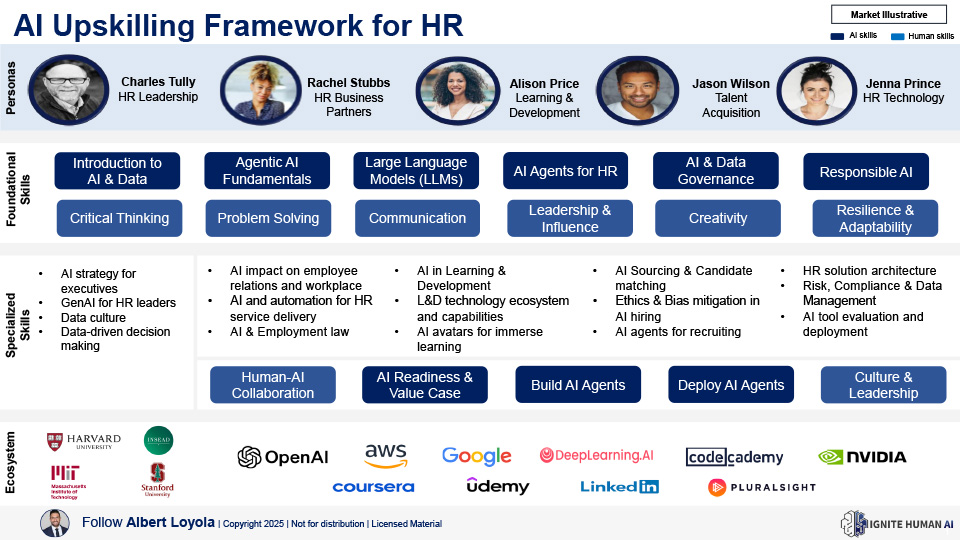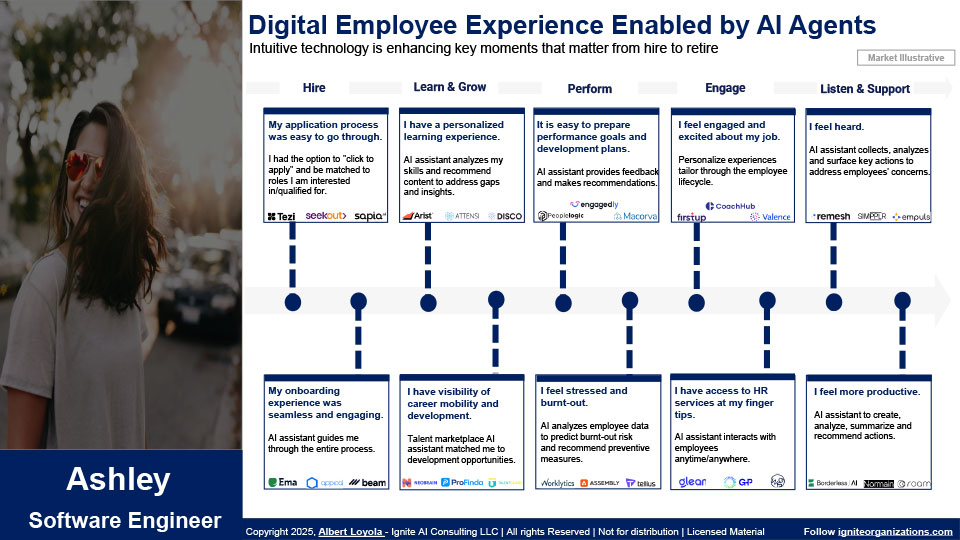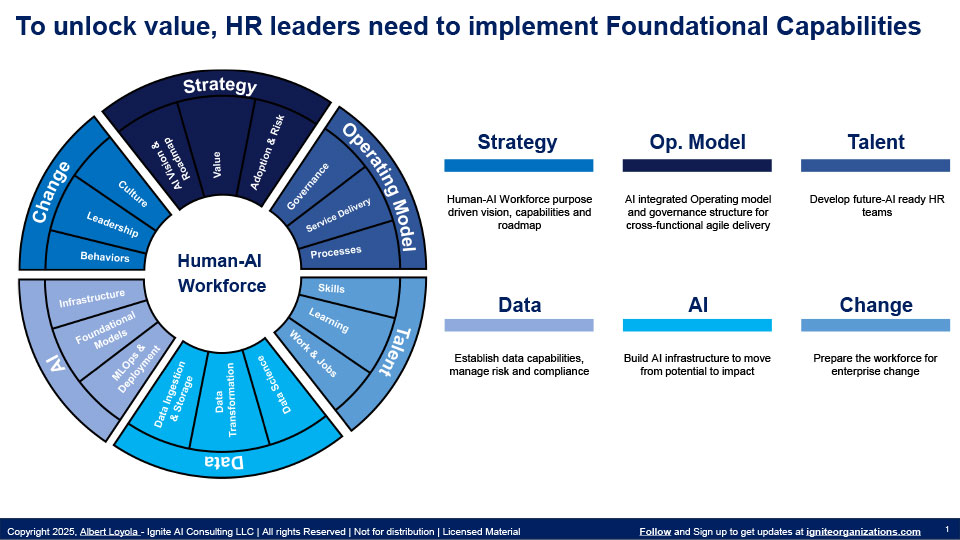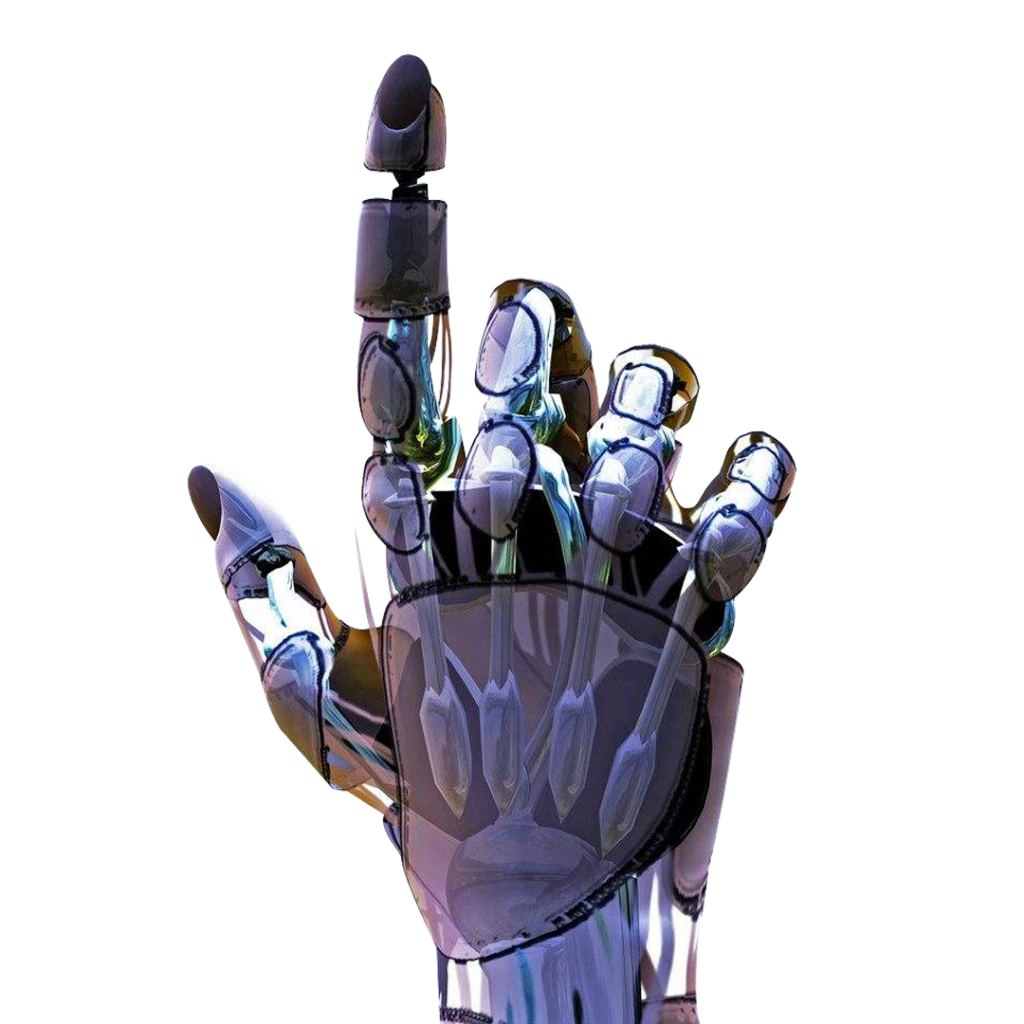
Market Insights
Are OpenAI and Anthropic Entering into the Enterprise Learning Market?
Hello, and welcome back to my Blog! In recent weeks, both organizations have launched new services to democratize AI learning. OpenAI introduced OpenAI Academy offering





